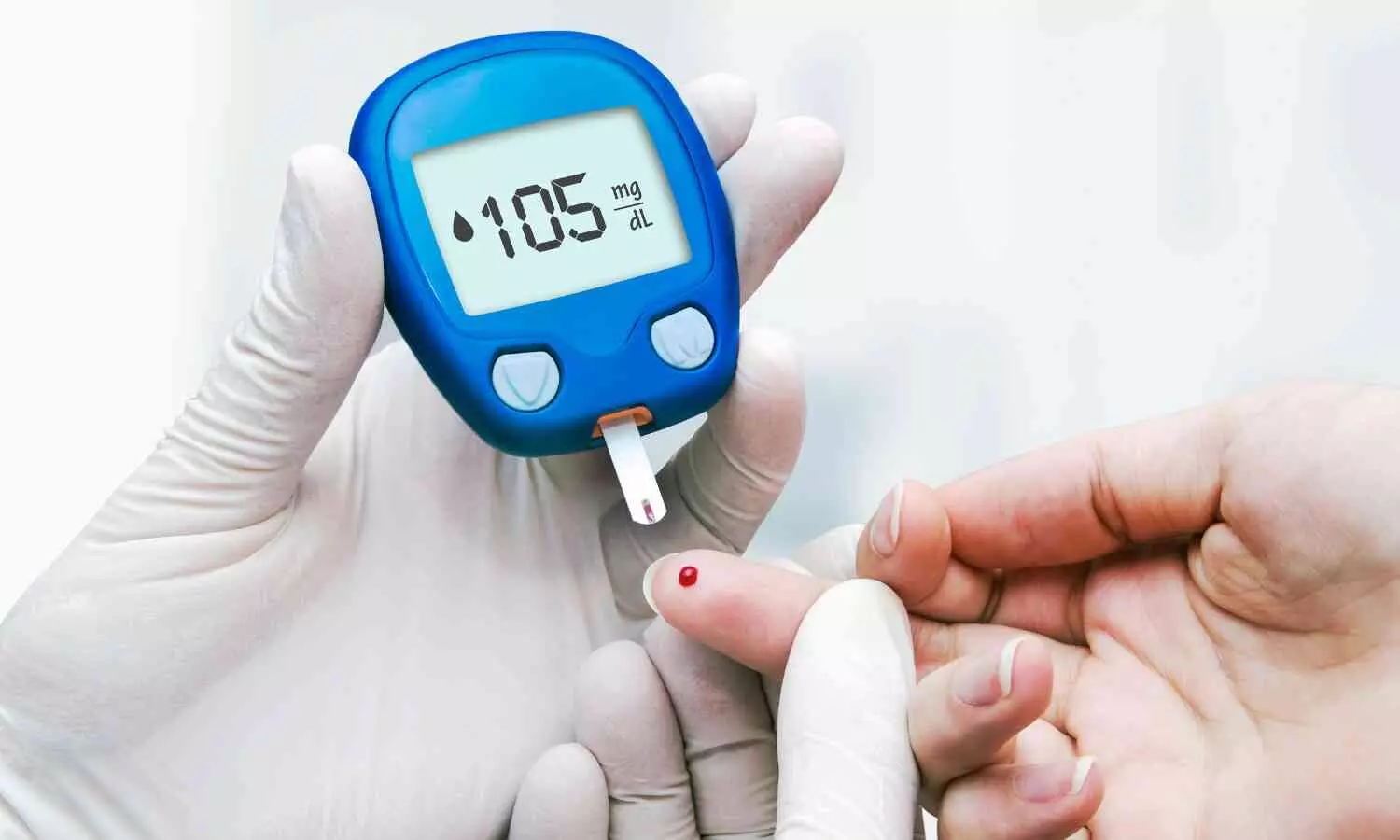UNICEF Collaborates with Bengal Government to Tackle Juvenile Diabetes

Kolkata: UNICEF has joined hands with the West Bengal Health & Family Welfare Department to enhance treatment and care for children suffering from non-communicable diseases (NCDs), including juvenile diabetes, at the grassroots level.
Juvenile diabetes, also known as Type 1 diabetes, occurs when a child’s immune system destroys insulin-producing cells in the pancreas, disrupting blood sugar regulation. Affected children require multiple daily insulin injections to manage their condition.
Dr. Monjur Hossain, Chief of UNICEF in West Bengal, highlighted to IANS that the initiative aims to develop a primary healthcare (PHC)-based model to prevent and control NCDs in children. The project focuses on strengthening community healthcare systems and primary healthcare provisions.
Dr. Vandana Bhatia, a UNICEF health specialist, outlined the roadmap, stating that the initial phase involves training healthcare providers, including medical officers, nurses, ASHA workers, and community health officers, on juvenile diabetes and other childhood NCDs. “This training will facilitate the identification and referral of more children to non-communicable disease clinics,” Dr. Bhatia added.
Currently, non-communicable disease clinics are operational in five districts of West Bengal—Howrah, Hooghly, North 24 Parganas, South 24 Parganas, and East Burdwan—as well as the state-run SSKM Medical College & Hospital in Kolkata. These facilities treat nearly 600 children annually for Type 1 diabetes.
Dr. Hossain further revealed that 10 additional district hospitals have received government approval to establish similar clinics, with plans to eventually expand the services statewide.
According to the Young Diabetic Registry of India, five in every 100,000 children are diagnosed with juvenile diabetes in the country. Dr. L. Swasticharan, Additional DDG & Director (EMR) of the Union Health Ministry, attributed the rising prevalence of childhood NCDs to shifting lifestyle behaviors and increased consumption of junk food among children and young adults.
This joint initiative between UNICEF and the Bengal government is seen as a crucial step in addressing the growing burden of juvenile diabetes and other NCDs among children by prioritizing community-based prevention and care.


